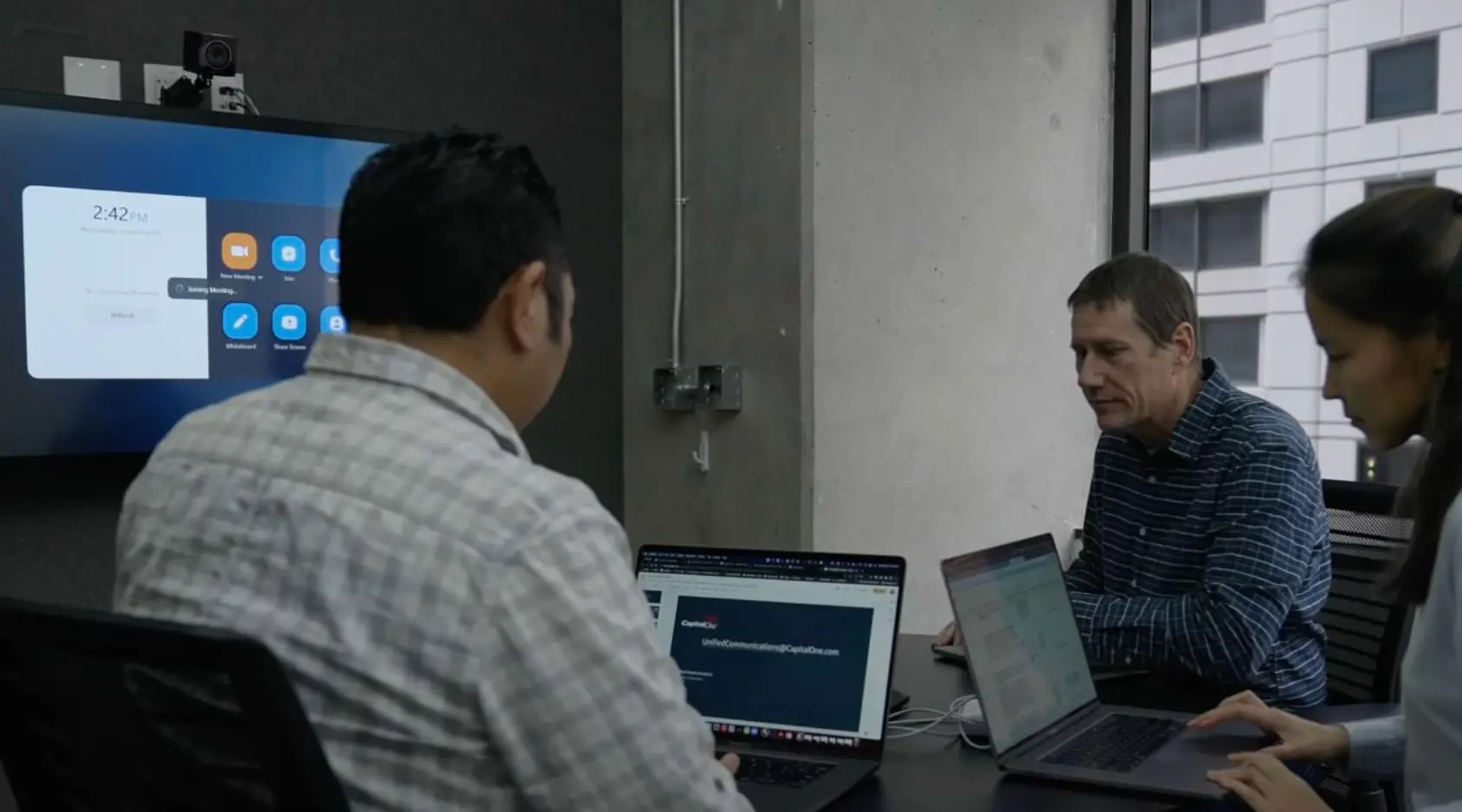U.S.-China Tariff Talks Stall in Geneva, Set to Resume Sunday
Updated on
Published on

High-stakes tariff negotiations between the United States and China concluded Saturday after over 10 hours of closed-door meetings in Geneva, with no signs of concrete progress. Officials from both delegations, led by U.S. Treasury Secretary Scott Bessent and Chinese Vice Premier He Lifeng, left the talks without public comment. Talks are scheduled to resume Sunday, with global markets closely watching for signs of a breakthrough as tariffs exceeding 145% continue to strain trade between the two largest economies.
The summit, held at Geneva’s historic Villa Saladin, marks the first in-person meeting between Bessent and He, amidst rising economic tension fueled by U.S. President Donald Trump’s aggressive tariff hikes. Trump recently increased tariffs on Chinese goods to a combined 145%, citing trade imbalances and fentanyl concerns, while China responded with a 125% levy on American imports. The renewed standoff revives long-standing disputes over technology transfers, subsidies, and China’s alleged unfair trade practices.
While experts are skeptical about immediate resolution, even partial tariff de-escalation could ease global economic pressure. Trump hinted at flexibility in a Truth Social post, but analysts warn that words must be backed by action. The Swiss government, also drawn into the dispute due to threatened U.S. tariffs on its exports, has urged restraint. With U.S.-China trade topping $660 billion last year, the outcome of these talks could ripple across international markets and supply chains.







